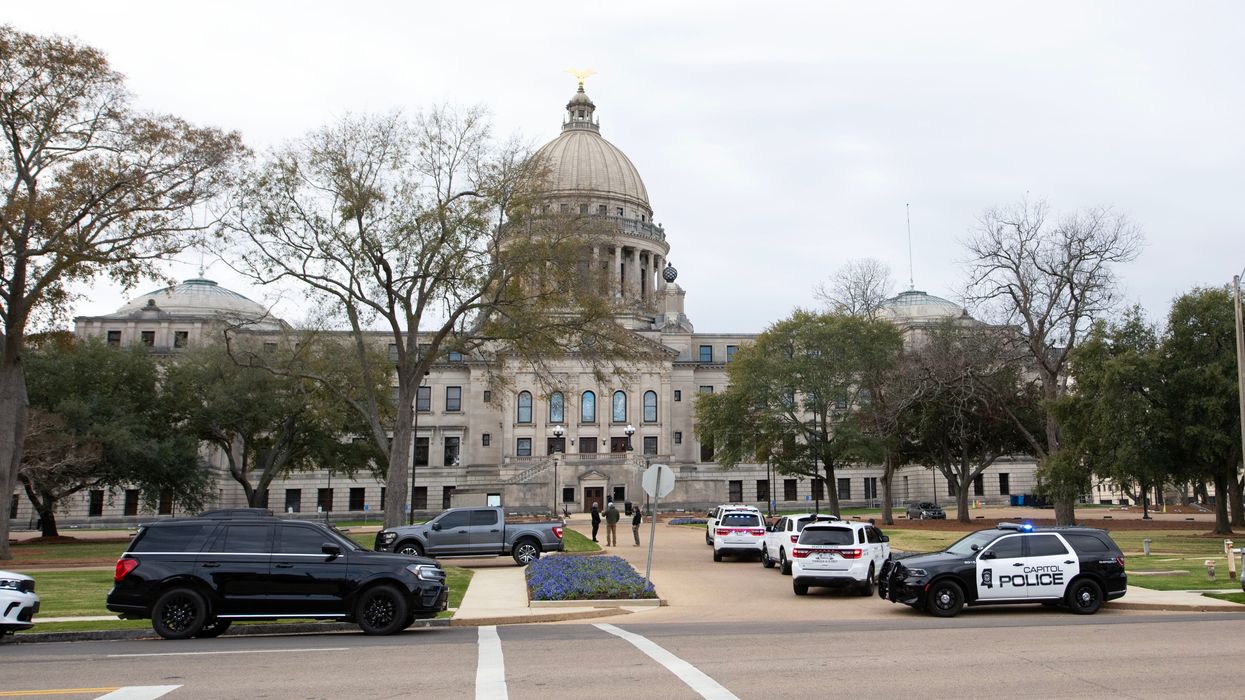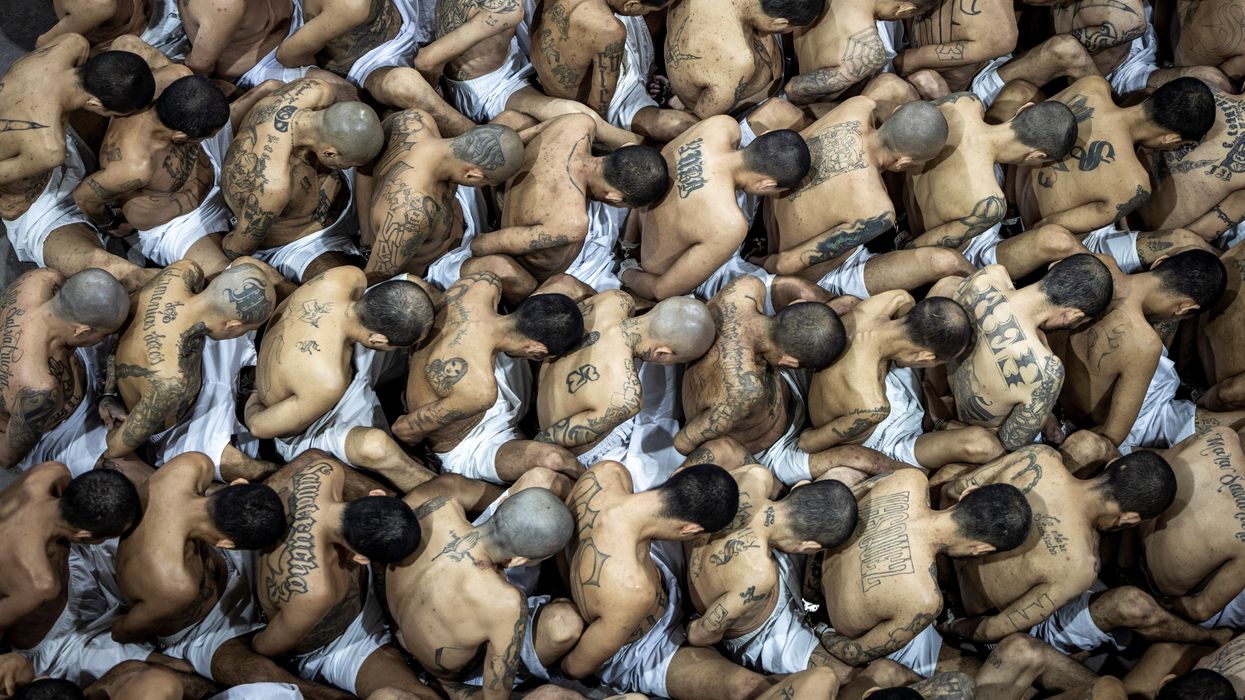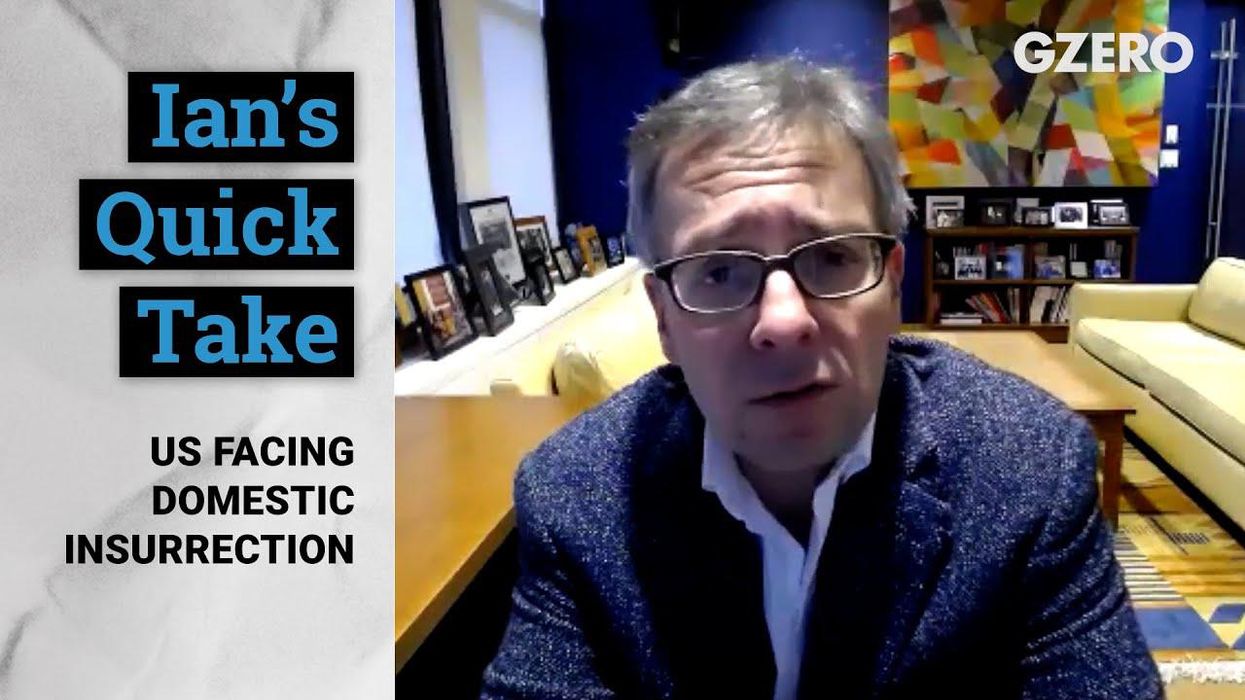Hard Numbers
Hard Numbers: Bomb threats rattle state capitols, Egypt expands new desert metropolis, Myanmar junta springs prisoners, poll shows popular Jan. 6th conspiracy theory, “Bladerunner” walks out of jail
6: On Wednesday, six US state capitol buildings were evacuated after a mass email claimed a bomb threat.
Jan 05, 2024



